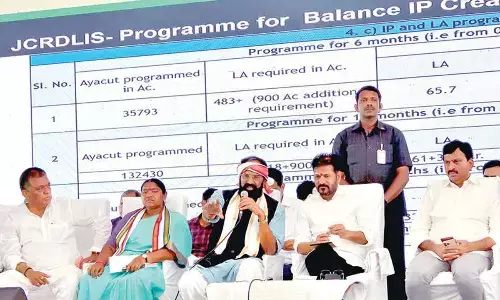Check these things before studying abroad

Check these things before studying abroad
While most universities and colleges are genuine in their marketing and communications of what they offer, as an applicant, you need to verify the claims to check for authenticity and red flags if any.
The authenticity of the institution
While most universities and colleges are genuine in their marketing and communications of what they offer, as an applicant, you need to verify the claims to check for authenticity and red flags if any.
Find out details of their best courses, and how they are different from others. Universities and institutions that provide everything to everyone may not be the right choice. Apart from that, many ranking organisations and accreditation bodies recognise and authorise courses and institutions. Always look for accreditations and choose an educational institution with expertise in a specific field.
Check your eligibility
The eligibility to study abroad varies with the institution. It also depends on the course the student is opting for. Most institutions ask for academic requirements that may include standardised test results like the International English Language Testing System (IELTS), Graduate Record Examinations (GRE) SAT, and more. Students should ensure that they have appropriate admission scores and certificates before applying for the university. For instance, some courses may require students to complete a foundation course before applying for a degree.
To avoid such confusion, students can check the eligibility criteria on the university website or get guidance from study abroad counsellors.
Consult alumni
Alumni are the true representatives of any institution. Reaching out to former students will give applicants a fresh, updated perspective. Asking questions about the course, university or faculty can help students understand the institution's limitations and prepare them for any unforeseeable future.
Scholarships
International students across the globe are eligible for various types of scholarships and grants. If you are eligible and apply on time, you may even be considered for a full tuition waiver. A scholarship will help reduce your tuition fees and help you better allocate your finances.
Financing studying abroad
Studying abroad requires budgeting and financial planning as well. The course fee and living costs can influence a students' decision regarding the destination, course, institution and lifestyle they want.
Students can look for loans and grants to secure their visas because some countries require a certain amount of funds in students' accounts while they arrive in the country. Therefore, it is important to choose the destination as per the resources and financial assistance available.
Documentation
Important documents, such as official academic transcripts, letters of recommendation, English language proficiency test scores, and others, are essential for students planning to study abroad.
In addition to this, students must apply for their visas well in advance and ensure that the permit covers their entire program period.
Check the university and country guidelines for document requirements and deadlines before preparing your application.











